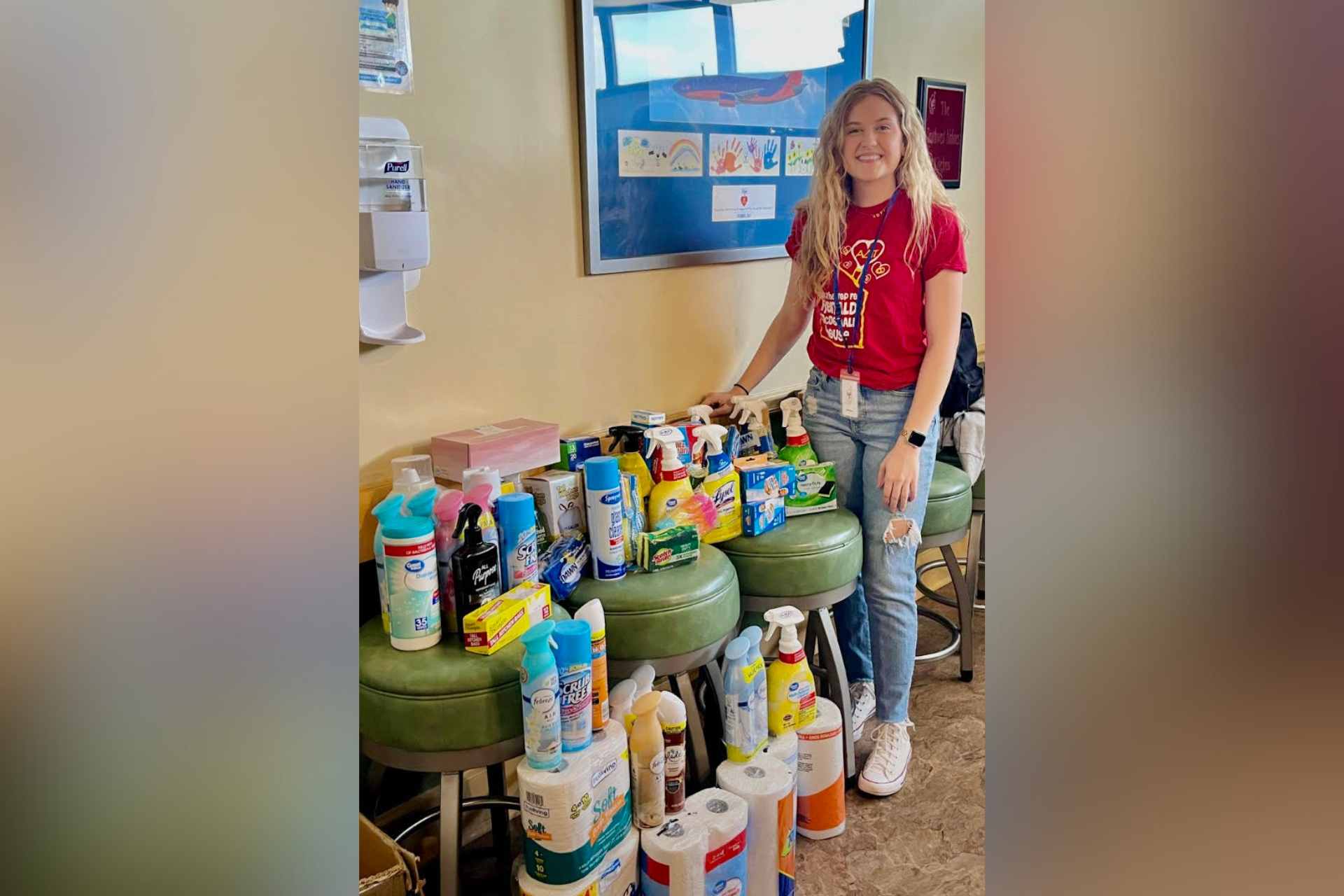Editor’s note: This story was originally published by Mountain State Spotlight.
By Lauren Peace, Mountain State Spotlight
More West Virginians died of drug overdoses in 2020 than in any previous year on record, according to new data showing the toll of the COVID-19 pandemic on the addiction crisis.
At least 1,275 West Virginians died of an overdose in 2020 — a 45% increase from the 878 deaths in 2019, according to the preliminary data. And because the data could still be updated, the actual number of deaths is likely higher.
Kanawha County led the state with 207 drug overdose deaths — up 33% from 2019. But in smaller counties, the increases were more substantial.
Fatal overdoses in McDowell County more than tripled, while in Logan, Mercer and Boone, deaths were about double what they were the previous year.
The state’s previous high for overdose deaths was 1,019 in 2017. Fatal overdoses decreased in 2018 and again in 2019. The state has been tracking drug overdoses since 2001.
Overdose death rates have risen nationally, largely due to the pandemic that has left people isolated and cut off from support services. But from 2019 to 2020, West Virginia saw one of the largest increases in overdose deaths in the country.
And in May, which was the deadliest month for overdoses nationwide, West Virginia deaths nearly tripled from the same month in 2019. Data analysis published in the American Journal of Public Health, which analyzed overdose deaths across 31 states, found West Virginia’s increase during that month to be significantly higher than any other state.
“I wish I could say I’m surprised, but I’m not,” said Jon Dower, the executive director of West Virginia Sober Living and an adjunct professor at West Virginia University. “People lost in-person services and they lost stability.”
The deaths, according to the data provided by the West Virginia Department of Health and Human Resources, were driven primarily by an increase in overdoses linked to fentanyl, a synthetic opioid.
Last year, 955 deaths, about three of every four in the state, were linked to the drug.
Fentanyl, which is cheaper than heroin and can be more deadly, is linked to a spike in overdoses nationally. Just this year, the federal government changed rules on funding to allow grant money to be used to buy fentanyl test strips to help combat the crisis.
The test strips allow people with substance use disorders to test their drugs before using, and some cities across the country have pushed to make the strips more accessible in an effort to decrease overdose death rates.In West Virginia, harm reduction programs — including syringe exchanges — have played a major role in supplying the strips, along with the overdose reversal medication naloxone.
However, Senate Bill 334, which Gov. Jim Justice signed into law earlier this month, drastically restricts programs operating in the state.
Although the law does not outlaw the distribution of test strips or naloxone, experts say it will likely force many state harm reduction programs to close this year.
“What the legislature did this year was limit the ability to get these tools to the people who need them,” said Robin Pollini, a substance use and infectious disease epidemiologist at West Virginia University. “So while we may see overdoses go down in other states once the pandemic is over, my fear is that in West Virginia this is going to get worse.”
Reporters Erin Beck and Eric Eyre contributed to this story.
Reach reporter Lauren Peace at laurenpeace@mountainstatespotlight.org.




















